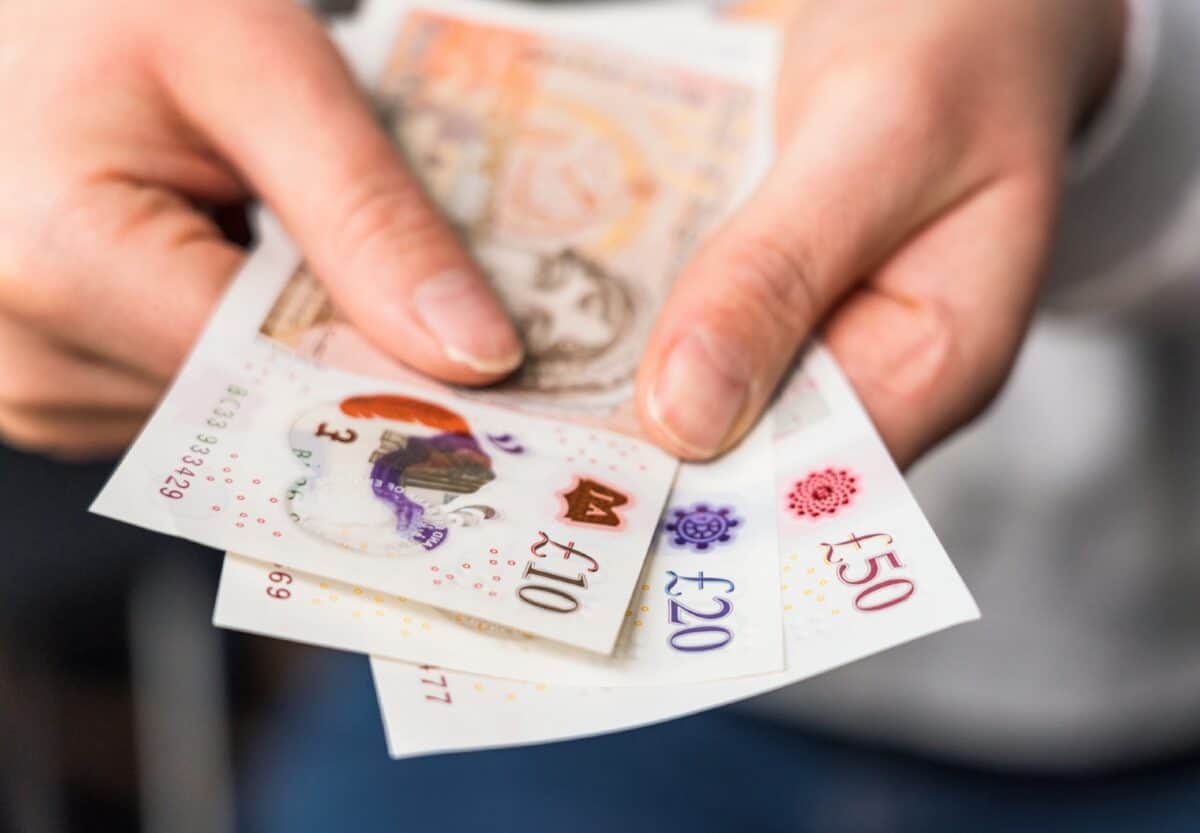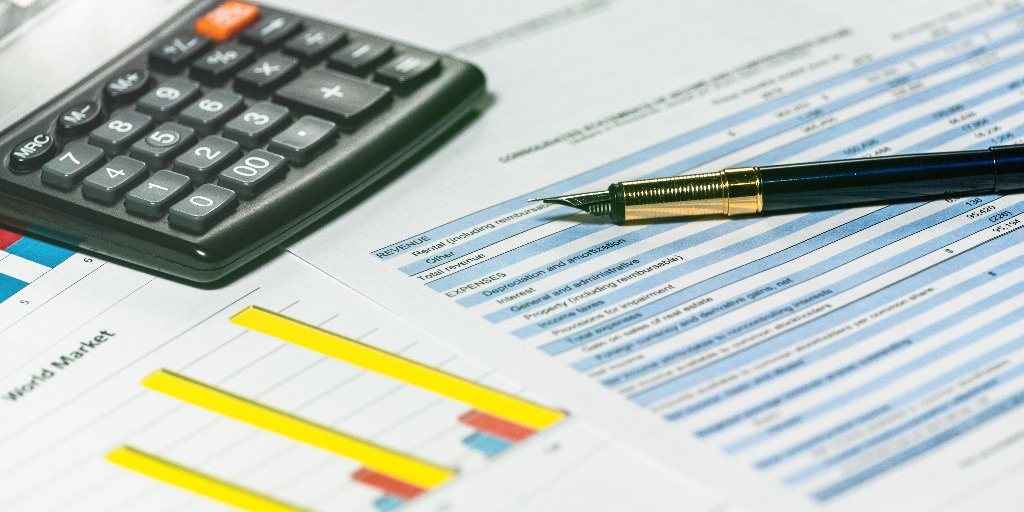Image source: Getty Images
Vodafone (LSE:VOD) shares are currently changing hands for around 60% less than they were five years ago. Ignoring dividends, this means a £5,000 investment in 2018 would now be worth £2,000.
Over the same period, the FTSE 100 has increased by nearly 5%.
The reasons behind the poor share price performance are clear.
Firstly, revenue and earnings have changed little compared to five years ago.
| Financial year (to 31 March) | Revenue (€bn) | Profit/(loss) before tax (€bn) |
| 2018 | 46.6 | 3.9 |
| 2019 | 43.7 | (2.6) |
| 2020 | 45.0 | 0.8 |
| 2021 | 43.8 | 4.4 |
| 2022 | 45.6 | 4.0 |
And, there hasn’t been any good news recently.
This week, the company released a gloomy trading update for the third quarter of the current financial year. Compared to the same period last year, group revenue was down 0.4%. Service revenue (mobile and broadband) is shrinking in Germany, Italy, and Spain. Given that the German market accounts for 30% of service revenue, this is particularly worrying.
Debt
But, the second problem with Vodafone is its debt. The company’s debt-to-equity ratio is around 1.75. This is on the high side for a member of the FTSE 100. To put it another way, the company is borrowing nearly twice as much as it owns.
To compound matters, the situation is getting worse. Vodafone’s net debt (borrowings less cash) increased from €41.6bn at March 2022, to €45.5bn six months later.
At the end of January, the company sold its operations in Hungary for €1.7bn. The proceeds will be used to reduce borrowings. The management also intends to cut costs by €1bn over the next four years.
Opinion appears to be divided as to how successful the present management team will be in restructuring the business and delivering the expected returns.
Two large institutional shareholders — Coast Capital Management and Cevian Capital — recently sold their entire holdings in the company. In contrast, Emirates Investment Authority increased its stake from 11% to 12%.
What do I think?
Despite all this, I think Vodafone represents a good long-term investment.
For the past four financial years, the company has paid a dividend of €0.09 per share. And, the board has committed to keeping it at this level (or higher) over the medium term. This means the stock is presently yielding 8.8% — well above the FTSE 100 average of around 4%.
With the share price close to its all-time low, now is also a good time to re-invest any dividends received. This would enable me to benefit from compounding, which Albert Einstein is reported to have said (he probably didn’t) was the eighth wonder of the world.
Investing £5,000 in Vodafone shares should generate £441 in dividends over the next year. Based on its current stock price, this could buy another 490 shares in the company. The following year, £480 of passive income could be earned, enabling a further 533 shares to be purchased. And so on.
I’m no Einstein, but even I can see the benefits of reinvesting dividends.
I already own shares in Vodafone. But, if I had some spare cash, I would buy more. Although it may never regain its status as the UK’s largest listed company, I’m confident that it will soon start to grow once more.
Credit: Source link














